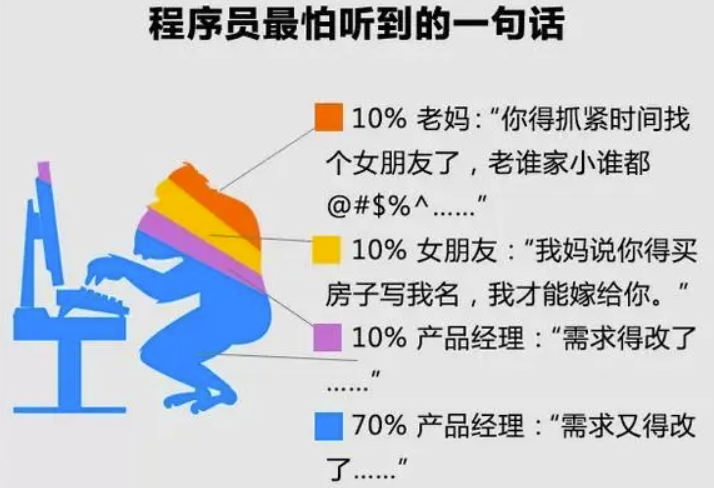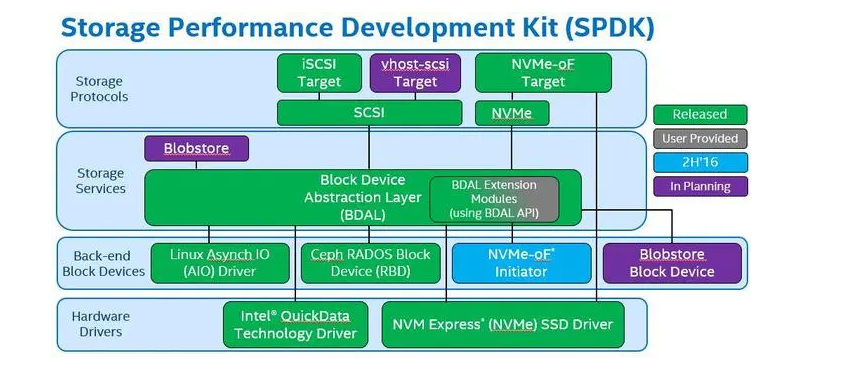As a family doctor with expertise in laboratory skills, you can contribute significantly to Dr. Heidel’s team by bridging the gap between clinical and laboratory research. Your ability to perform cell culture, HE staining, ICC, FCM, PCR, ELISA, and other laboratory techniques can help in conducting experiments and analyzing data related to hematological malignancies.
Your role in the team would include:
Conducting experiments: You can help design and execute experiments related to AML using your laboratory skills. This includes setting up cell cultures for drug screening assays or testing different treatments on AML cells.
Analyzing data: After conducting experiments, you can use your expertise in FCM and PCR to analyze the results obtained from these experiments. This will help Dr. Heidel’s team interpret the data more accurately.
Collaborating with clinicians: As a family doctor with experience in clinical practice, you can collaborate with clinicians within the team to ensure that laboratory research is clinically relevant and applicable.
Writing reports: You can write detailed reports of your findings and present them to Dr. Heidel’s team as well as external stakeholders such as regulatory bodies or scientific journals.
Overall, your role in Dr. Heidel’s team would be critical in advancing our understanding of AML through translational research that integrates both clinical and laboratory perspectives.





















